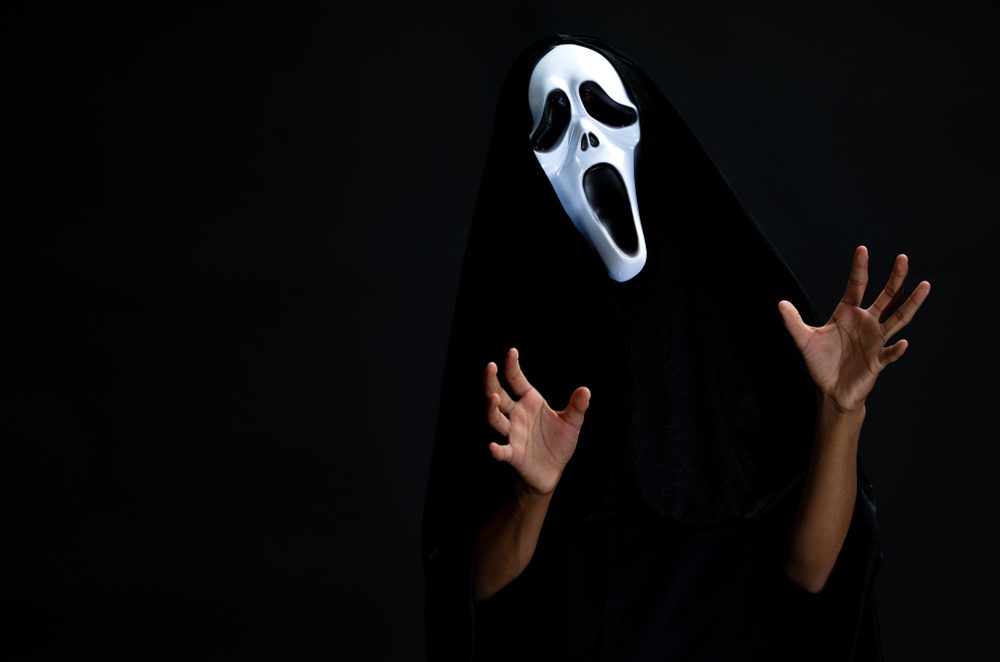As Halloween approaches, many people begin to prepare for the festivities, but for a significant number of Black families, the holiday is met with skepticism and reluctance. Here are 10 reasons why Halloween often gets the side-eye from the Black community.
1. Religious beliefs
For many Black households rooted in religious traditions, Halloween is considered off-limits. The holiday’s associations with ghosts, ghouls and the supernatural clash with their beliefs, making it difficult to celebrate.
2. Safety concerns
Halloween can bring about safety worries, especially with the potential for pranks and mischief. Parents often feel uneasy about their children wandering the streets at night, fearing for their safety.
Additionally, some families live in areas where trick-or-treating is not safe or practical. The lack of foot traffic can make the holiday feel less festive and more concerning.
3. Costly celebrations
With the holiday requiring costumes and candy, many families question the expense. Why spend money on Halloween when significant holidays like Thanksgiving and Christmas are just around the corner?
With rising candy prices, many parents opt to turn off their porch lights rather than spend money on treats that may not even be appreciated. This decision reflects a broader trend of prioritizing financial resources for more meaningful celebrations.
4. Cultural disconnect
Many Black individuals feel no deep cultural connection to Halloween. This lack of ties to the holiday can lead to indifference towards its celebrations.
5. Racism and cultural appropriation
Halloween has a history of being used as a platform for racist expressions, including blackface and other offensive costumes. This aspect makes it hard for many to enjoy the holiday without encountering these issues.
Black parents are often wary of their children being portrayed in stereotypical or inappropriate costumes. This concern extends to the potential for their children to be the target of ridicule or discrimination.
6. Trick-or-treating dynamics
In some neighborhoods, the idea of a group of children and parents repeatedly knocking on doors can be off-putting. The dynamics of trick-or-treating can feel invasive and uncomfortable for some families.
7. Last-minute costume woes
Finding a suitable costume can be a hassle. Many parents face restrictions on what their children can wear, leading to frustration and disappointment.
8. The aftermath of Halloween
Halloween often leads to a sugar rush followed by a crash, which can be challenging for parents dealing with hyperactive children the next day. The timing of the holiday can conflict with school schedules, making it less appealing.
9. The influence of media
Media portrayals of Halloween often reinforce negative stereotypes, which can lead to discomfort among Black families. The fear of being associated with these portrayals can deter participation.
10. The pressure of social media
In an age where social media amplifies every moment, the pressure to have the perfect Halloween costume or celebration can be overwhelming. This pressure can lead to feelings of inadequacy for those who choose not to participate.
As Halloween approaches, it’s essential to recognize and respect the diverse perspectives within the Black community regarding this holiday. While some may embrace the fun and festivities, others will continue to give Halloween the side-eye.















